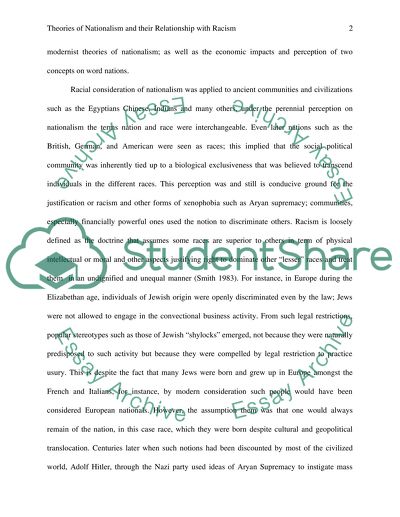Cite this document
(“Critically evaluate theories of nationalism and its relationship with Essay - 1”, n.d.)
Critically evaluate theories of nationalism and its relationship with Essay - 1. Retrieved from https://studentshare.org/history/1471272-critically-evaluate-theories-of-nationalism-and
Critically evaluate theories of nationalism and its relationship with Essay - 1. Retrieved from https://studentshare.org/history/1471272-critically-evaluate-theories-of-nationalism-and
(Critically Evaluate Theories of Nationalism and Its Relationship With Essay - 1)
Critically Evaluate Theories of Nationalism and Its Relationship With Essay - 1. https://studentshare.org/history/1471272-critically-evaluate-theories-of-nationalism-and.
Critically Evaluate Theories of Nationalism and Its Relationship With Essay - 1. https://studentshare.org/history/1471272-critically-evaluate-theories-of-nationalism-and.
“Critically Evaluate Theories of Nationalism and Its Relationship With Essay - 1”, n.d. https://studentshare.org/history/1471272-critically-evaluate-theories-of-nationalism-and.


